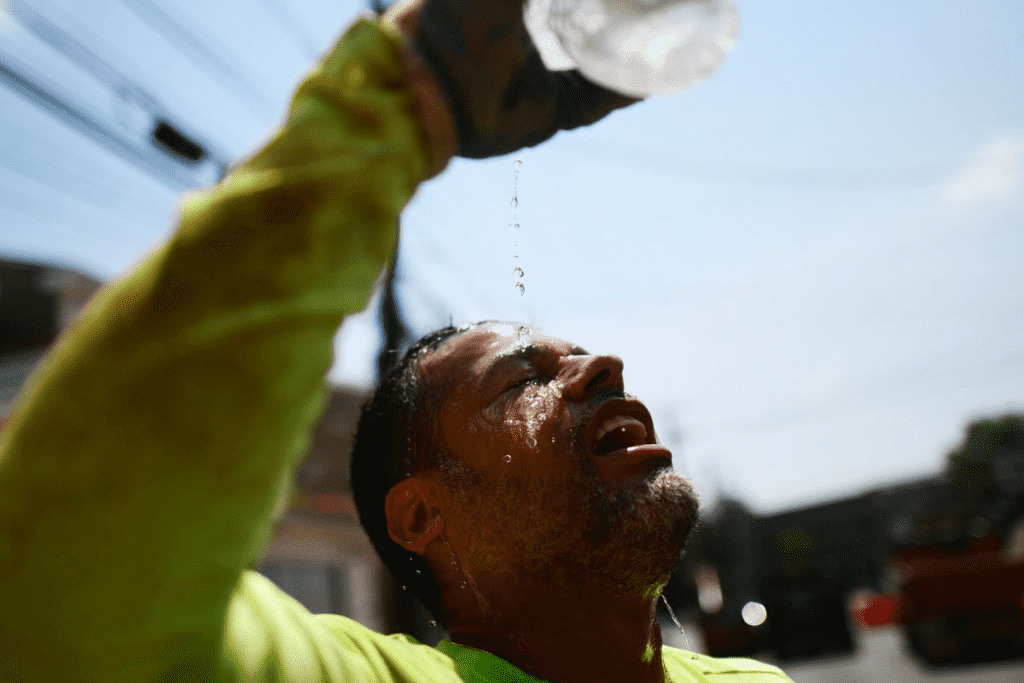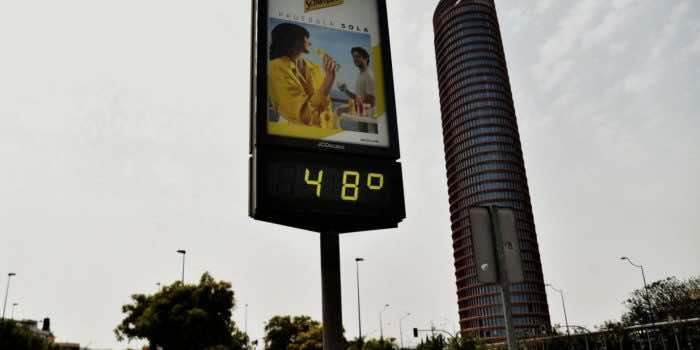Scientists have named a heatwave and they are calling it Zoe.
According to USA Today, the Spanish scientists named a heatwave that took the temperature to 112 degrees Fahrenheit (44.4 degrees Celsius) in Seville between July 24 and July 27.
The name is an effort of the proMETEO Sevilla Project, an initiative of the Adrienne Arsht-Rockefeller Foundation Resilience Center of the Atlantic Council, a Washington-based research center and non-profit organization.

Seville is the pilot location for the project, which aims to raise public awareness of extreme heat and to advocate for efforts to reduce the dangers of heat waves.
These heatwaves are defined by the Spanish State Meteorological Agency (AEMET) as episodes of at least three consecutive days during which a minimum of 10 percent of weather stations record maximum temperatures above the 95th percentile for July to August between 1971 to 2000.
The Environmental Protection Agency (EPA) uses a benchmark of at least two days when the daily minimum temperature, adjusted for humidity, is greater than the 85th percentile for July and August between 1981 and 2010.
In July, England went through temperatures as high as 104 degrees Fahrenheit (40 degrees Celsius) for the first time on record. This level of heat can be unmanageable without air conditioning and most places did not have it.
The United States is also undergoing the same level of extreme heat waves.

Their modeling suggests that the Deep South, southern Arizona, and southern to central California will experience higher heatwaves. For example, Miami-Dade County in Florida will experience 34 days above 103 degrees Fahrenheit (39.4 degrees Celsius) by 2053, compared with 7 today.
8 million people in the United States this year will experience a heat index above 125 degrees Fahrenheit (51.6 degrees Celsius) and a massive 107 million are estimated to experience those temperatures by 2053, the nonprofit found.
By naming heat waves, proMETEO Sevilla hopes to let the public know that they’ll need to take extra care, USA Today reported.


